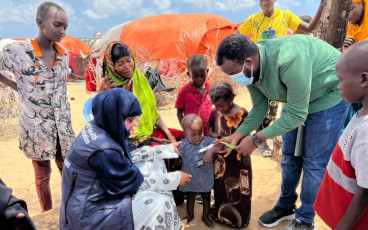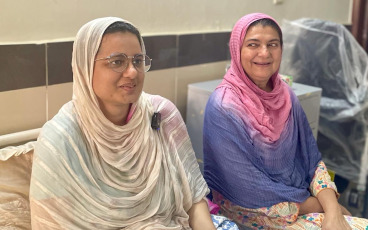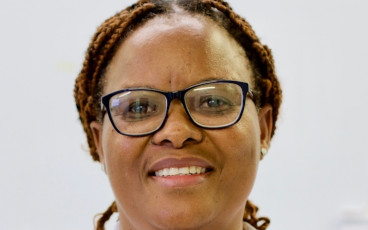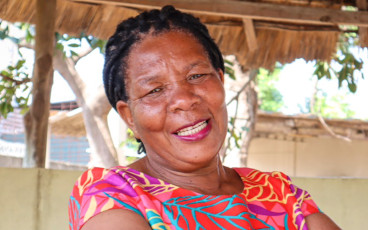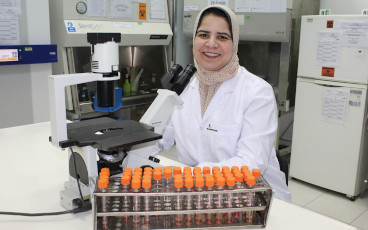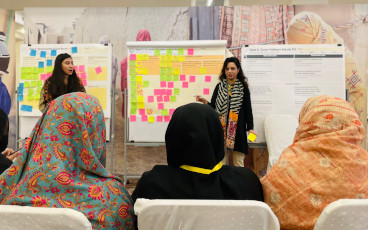Meet a polio programme worker fighting COVID-19 in Afghanistan
Seven months since Afghanistan’s first COVID-19 case, women like Nasrin sustain the response.
“I chose to continue to do public health awareness during the COVID-19 pandemic. I wanted to help save people’s lives and continue to serve my people,” says Farida, a polio worker and volunteer for the COVID-19 response.
Seven months since the first COVID-19 case was reported in Afghanistan, female polio programme frontline workers continue to support outbreak response. Often, they put concerns for their health to one side as they work in areas with many COVID-19 cases. Sometimes, their work brings them into conflict with the social norms of their community and society.
Farida has been working with the polio programme since 2010. Starting as a volunteer, she has moved up the ranks to become a district polio officer.
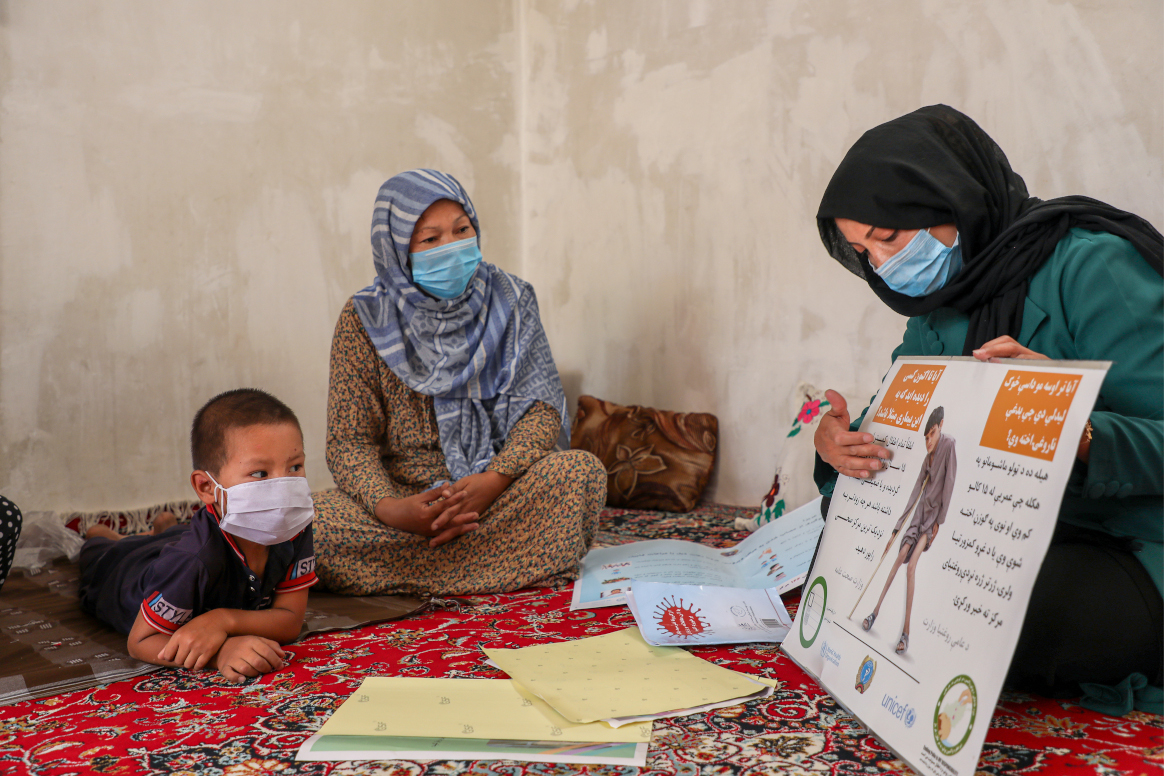
Stepping up for the COVID-19 response
During the pandemic, Farida has taken on extra duties to identify suspected COVID-19 cases, share accurate information and trace individuals returning from abroad to ensure they are isolating.
On a typical day she heads out to speak to small groups of women about hygiene, breastfeeding, nutrition and measures to prevent COVID-19. She is the focal point for communicable diseases within her clinic, and so must also keep all her colleagues up to date on the latest information about COVID-19, alongside reinforcing knowledge about polio and the importance of vaccination.
Farida’s work is often emotionally challenging. “Luckily, I still have not contracted COVID-19,” she says.
“I reported seven people as I suspected that they had COVID-19, unfortunately six of them died and one of them survived and is healthy now.”
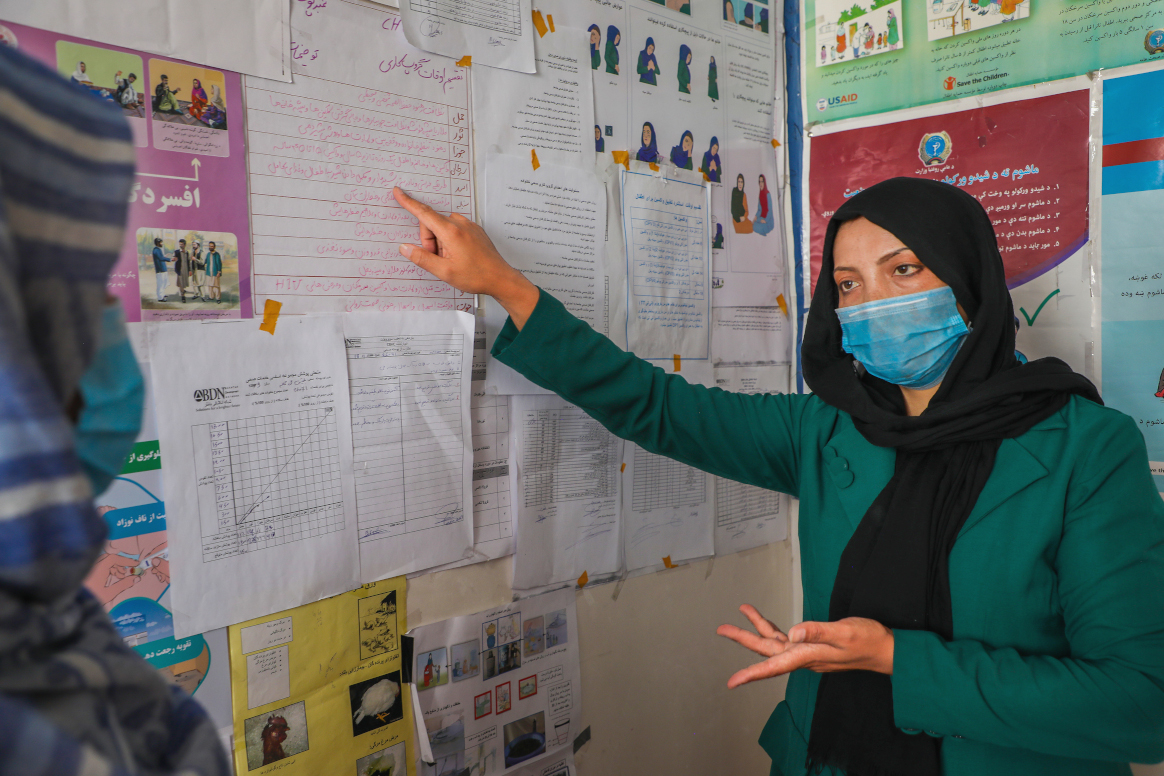
A programme effort to respond to COVID-19
Ever since the first case of COVID-19 was reported in Afghanistan, the Polio Eradication Initiative (PEI) programme has been supporting the government response.
Since March 2020, nearly 36,000 members of the Polio Surveillance Network, almost 44,000 polio frontline workers, about 95,000 health providers and about 5,000 government and NGO staff have been trained on COVID-19 surveillance. Over 178,000 community and religious influencers have been trained to deliver outreach messages, and almost 7,000 coordination meetings have been held.
About 10,000 COVID-19 and polio surveillance visits have been made to health facilities, and more than 2,500 medical facilities have been surveyed for COVID-19 preparedness. Thanks to the efforts of the polio team, over 46,000 cases of COVID-19 have been detected, of which more than 8,000 have been confirmed.
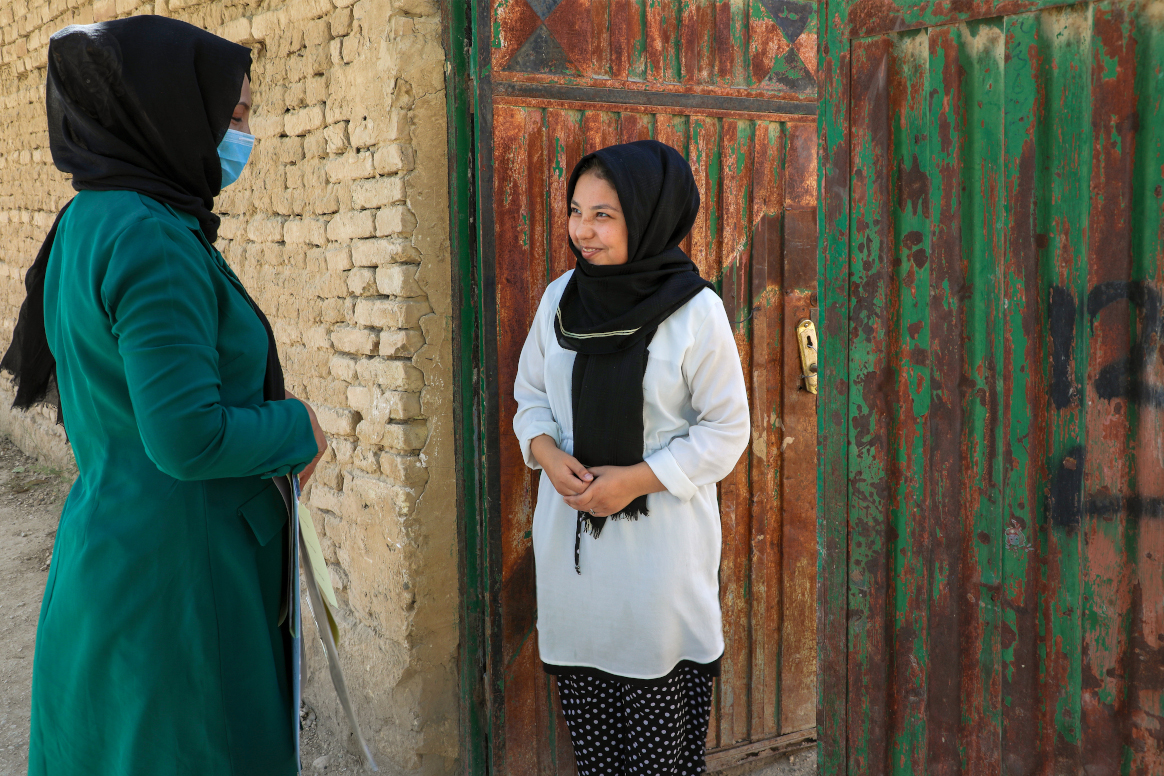
Farida shares with her colleagues a sense of duty to her fellow citizens. She says, “I go out hoping that my work might save lives. If I stay home, who will give the information to people that I do?”


